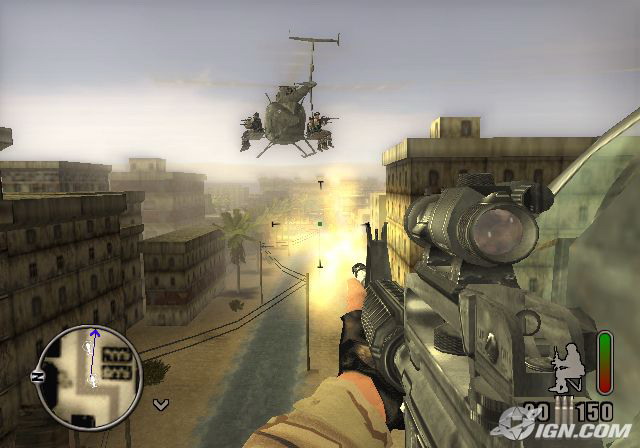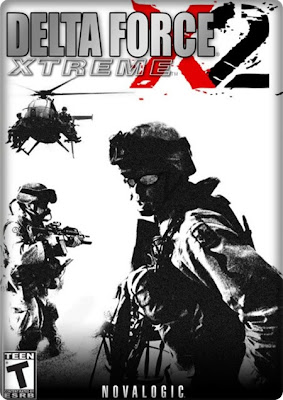
In Iraq, the most feared and lethal type of IED, the explosively formed penetrator, which punctures armor, struck his vehicle. The insurgents ambushed them with rifle fire, rocket-propelled grenades and improvised explosive devices, IEDs. The communications sergeant, the lead adviser to an Iraqi Special Operations Force, rode in a convoy into the lair of Jaish al-Mahdi, the Arabic term for the Mahdi Army. Army commandos embedded with the Iraqi units to advise them in tough, urban combat. The Iraqi government launched an offensive to dislodge Shiite militia fighters from the southern port city of Basra. He was struck in the right arm by machine gun fire but continued to fight until medics forced him to accept treatment.

At that point, a “hailstorm of enemy fire” poured from the enemy compound as he stood in the open protecting other soldiers seeking cover. He led another assault on the compound, firing through a hole in its wall to kill two more militants. He heaved grenades at those Taliban fighters, killing them and saving the lives of more comrades. Gunfire then struck the walls and ground around his unit. Before entering another building, the sergeant gunned down a fighter, saving the lives of other soldiers. He then led the counter attack, blasting open the door to the enemy compound that his soldiers cleared. The sergeant popped up, exposing himself to gunfire, and located the Taliban fighters. That was just the start of a harrowing, bloody day that saw him kill more than 20 trained Taliban fighters. By dawn, the militants attacked with machine gun and small arms fire. The platoon sergeant and his unit infiltrated the Taliban stronghold by air early the previous night, navigating across mountain and desert terrain to set up their position. Musa Qala, Helmand Province, Afghanistan, Dec. “His efforts directly supported containing the enemy to the edge of the airfield, and saved the lives of (1,400) personnel,” the narrative states. Sped to a surgery team, the medical sergeant refused treatment, insisting on guarding the medical personnel until more troops arrived. One bullet struck the sergeant’s helmet, knocking him to the dirt where he continued to fight to blunt the attack. Turning a corner with another commando, they confronted six more insurgents and faced a hail storm of gunfire and grenades. The Army special operator, identified only as “the Medical sergeant” raced to the “sound of gunfire and explosions.” He killed the insurgent closest to him, while two of his fellow commandos gunned down two more. After the blast, 10 insurgents dressed in Afghan army uniforms flowed through the breach with rifles, grenades and suicide vests.


The base housed a Provincial Reconstruction Team, a military-civilian unit tasked with helping Afghans rebuild their country. Taliban insurgents blew a hole in the eastern wall of the fort in east central Afghanistan with a car bomb. Forward Operating Base Ghazni, Afghanistan, Aug. All but three of the awards went to soldiers for heroism in Afghanistan. Although the narratives black out most identifying information, the nature of the fighting indicates that helicopter pilots from the 160th Special Operations Aviation Regiment, the 75th Ranger Regiment and likely Delta Force were involved, Mears said. The awards appear to have been made to soldiers from a variety of units, said Dwight Mears, a former West Point History professor who has studied military medals. All of the awards are being reviewed, under a Pentagon edict last year, to determine if they should be upgraded. Navy SEALs and Army special operators, including members of the ultra-elite, counter-terror unit Delta Force, have been the recipients of nearly one in five of those awards.

11, 2001, more than 1,000 medals for the highest valor, including Silver Stars and service crosses, have been awarded to troops, mostly for combat in Iraq and Afghanistan. Special Operations Command refused to divulge the remainder “to protect military plans, weapons systems or operations.” The Army blacked out the names of the soldiers, citing concerns that such information could endanger their lives. The Army released to USA TODAY 12 of 41 the narratives associated with the Silver Stars, the third-highest medal granted for heroism. The awards, due to their sensitive, secretive nature of their missions, were bestowed without public notice. Until now, their heroism has been known only to a small circle.


 0 kommentar(er)
0 kommentar(er)
